How did we get here?
The seminars were intended to engage a diversity of stakeholders in discussions about key issues that affect the landscape of microbial systematics. Each one-hour seminar featured two 15-minute presentations, followed by 15 minutes of discussion in break out groups of 4-5 participants, and 15 minutes of reporting by the break out groups. To maximize productivity, all participants were strongly encouraged to carefully read the assigned papers and develop opinions and ideas for discussions prior to each seminar.
Monday, October 1st 2018 at 4pm GMT:
What's in a name? The importance (and limitations) of formal codes of taxonomic Nomenclature
- Introduction to the International Code of Nomenclature of Prokaryotes - Barny Whitman
- There is no single eukaryotic code and how we deal with sequence data - John Freudenstein (with help from Chris Lane)
- Readings: Parker 2008 and Adl et al. 2018
Candidatus status: current system and proposed modifications
- Proposal to modify Candidatus status - Brian Hedlund
- Proposal to give Candidatus names priority - Ramon Rosselló-Móra
- Readings: Hedlund 2015 and Rosello-Mora 2018
Monday, October 15th 2018 at 4 pm GMT:
Do we need a new system?
- Proposal to allow genomic information as type material - Barny Whitman
- Proposal to develop a parallel nomenclature for uncultivated organisms - Kostas Konstantinidis
- Readings: Whitman 2015/2016 and Konstantinidis 2017 (Recommended: Oren 2018; Konstantinidis 2018)
Monday, October 22nd 2018 at 4 pm GMT:
Efforts to scale and systematize taxonomy in the 21st century
- Genome Taxonomy Database - Donovan Parks
- Readings: Parks 2018
Additional Reading:
-
A genus definition for Bacteria and Archaea based on genome relatedness and taxonomic affiliation. Roman A. Barco, George M. Garrity, Jarrod J. Scott, Jan Amend, Kenneth H. Nealson, David Emerson
-
The growing tree of Archaea: new perspectives on their diversity, evolution and ecology. Panagiotis S. Adam, Buillaume Borrel, Celine Brocier-Armanet, Simonetta Gribaldo
